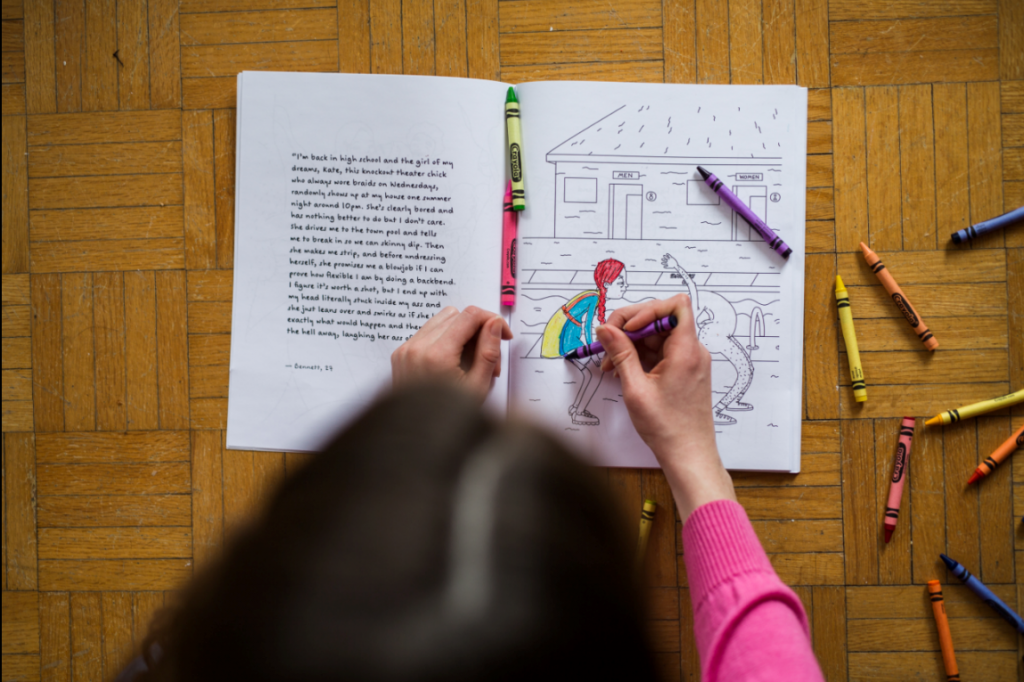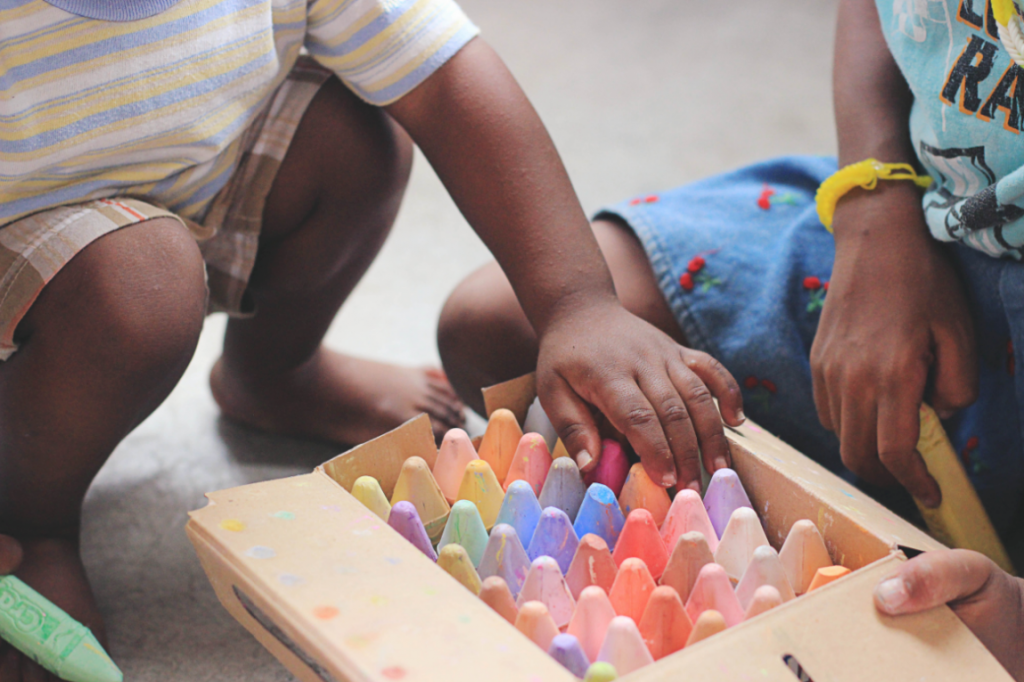What Can Parents of Children with ADHD Do to Help?

These days we are continually talking about ADHD. Parents of children with ADHD can feel overwhelmed. Many children are diagnosed and prescribed medication based on this disorder but the debate continues: does it really exist? And on the other hand, how many children are diagnosed with ADHD when they do not actually have it?
The fact is that the evaluation and the diagnosis must be made by properly qualified professionals, who can truly understand the case and the diagnostic criteria.
Once a diagnosis of ADHD occurs, the question is: what can we do if we are the parents? To start with, it is a totally new situation that can cause us a great deal of discomfort. And in most cases we really don’t know how to act or react… Keep reading and find out what can be done!
“Where there is education there is no distinction of classes”
-Confucius-
What is the first thing we have to do if our child has ADHD?
The main thing is that we get informed. After proper psychological assessment and accurate diagnosis, we need to know what is happening to our child. How do we do this? By asking all the questions we need to ask when we are with the psychologists and the doctors who are going to assist in our child’s treatment.
And that’s not all, we can also read about it. It’s important that we seek out sources of information that are reliable. We have to be careful about what we read, because sometimes sheer speculation can be considered as facts.
Doing this we will be able to understand better what is happening to the child. In addition, we will understand him better and we’ll get a better idea about the particular difficulties he is facing. In this way we will be more motivated as we travel along this new and difficult path.
It is advisable that we get all the information we possibly can, in order to put into place suitable guidelines to help our child.
“Tell me and I forget it, teach me and I remember it, get me involved and I learn it”
-Benjamin Franklin-
Set family guidelines!
When the child is small, it is important for him or her to grow up in orderly surroundings. This means a tidy room, but also a routine and you also need to manage the way he accesses information.
If we make sure there is order then we will encourage him to acquire a good routine and habits regarding his sleep, hygiene and food. It is also good for him to play games that stimulate his attention, such as puzzles.
Aside from acquiring daily habits, it is extremely important that we teach our child to obey rules. Both children and adolescents with ADHD must know what we expect from them. This means that parents have to agree on which rules must be followed at home and they should explain to children the consequences of not complying with them.
It is very important that parents learn to give orders, make requests or give rewards in an atmosphere of trust. To do this, we have to call the child by his name when he is close and look him in the eyes. In this way we are sure to get his attention and he will better assimilate anything you want to tell him.
It is important that the requests that we make are in a soft tone, with clear and precise instructions that make it clear what is important and what is of secondary importance. It is also advisable to make the requests one at a time.
If we make several requests at a time, and they contradict each other, then we are going to confuse our child. We must avoid raising our voice and lecturing, as well as any physical punishment. When we’ve done this we can ask the child to repeat what we have asked – if possible in their own words – to make sure he understands us. It may seem a very forced way of communicating, but if we carry it out properly then it will soon seem natural.
How can we encourage positive behavior and reduce the negative?
Once we have set standards at home and, as parents, we have agreed what to do and what not to do, how can we get children with ADHD to obey those rules? For little ones to modify their behavior, we must emphasize what they do well and clamp down on what they do wrong.
“Two excesses should be avoided in the education of children; too much severity, and too much sweetness “
-Plato-
To reinforce positive behavior we have to find rewards that are meaningful to the children. They can be something tangible, but keep in mind that social approval is also a very useful enhancer. In fact, if we flatter our child after they have done something positive, then we will encourage him to repeat it more and more.
In a complementary way we can use a points system. In this way, children will receive points every time they do something good. Subsequently, either at the end of the day or the week, they can redeem the points for some kind of privilege. It is important that, if this technique is used, the rules and rewards are well established beforehand.
But apart from reinforcing the positive things, we also have to get rid of the negative behavior. How? By not paying attention to behavior that annoys us. In order to reduce bad behavior, we can also use some form of punishment, either by giving them something that the child doesn’t like (such as a reprimand), or by losing something he had previously won or withdrawing the child from a situation he likes, like watching TV (time out).
It is very important that the punishment be proportional to what the child has done, and that he understands why he has been punished and what is expected of him. It should be applied immediately and should not be accompanied by physical contact or scolding. All of these guidelines need to be implemented consistently, because if they are carried out one day but not the next, then they will not be effective and our child’s behavior won’t improve.
Images courtesy of Thought Catalog, Alexander Dummer and Tina Floersch.
This text is provided for informational purposes only and does not replace consultation with a professional. If in doubt, consult your specialist.










